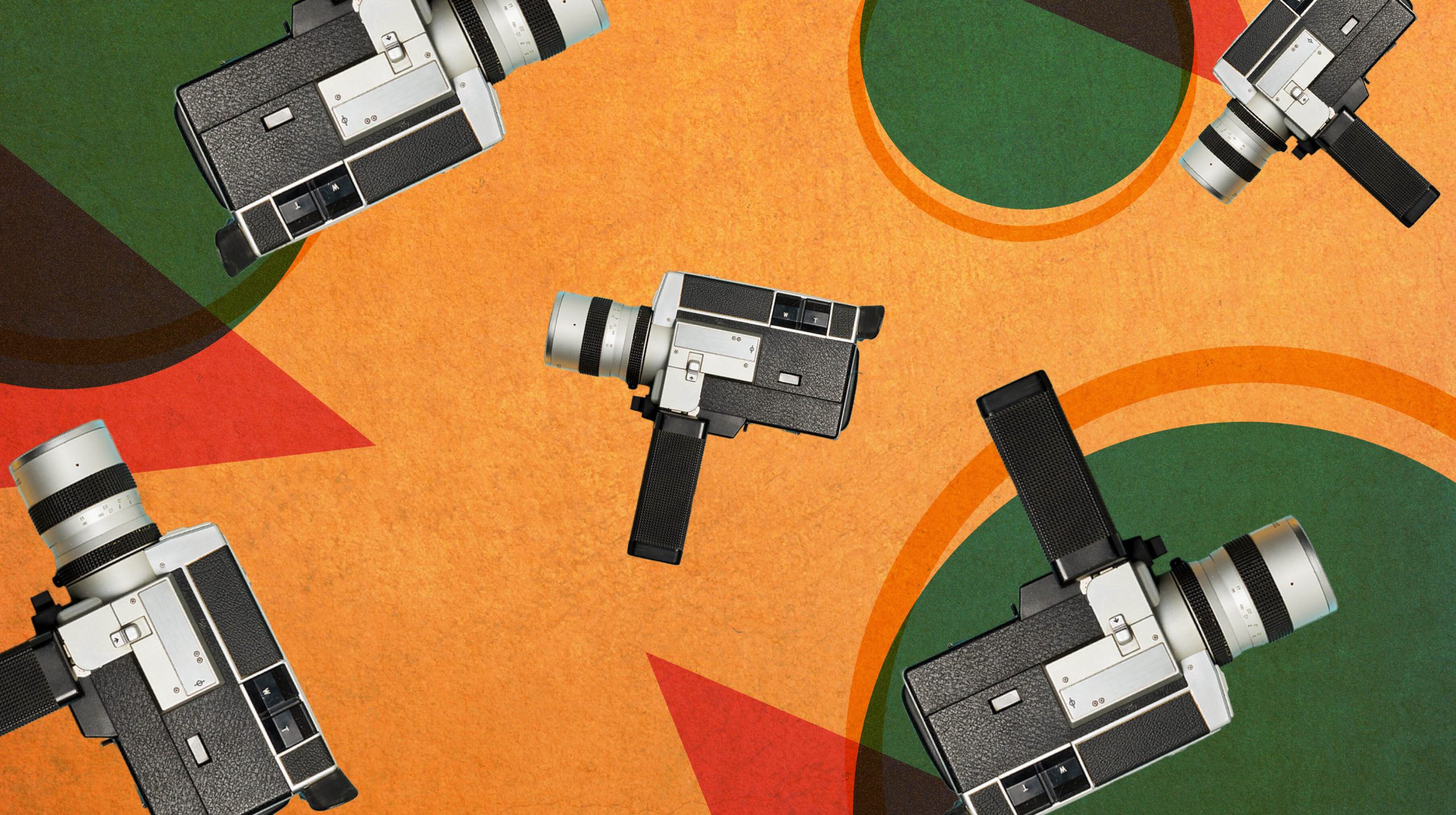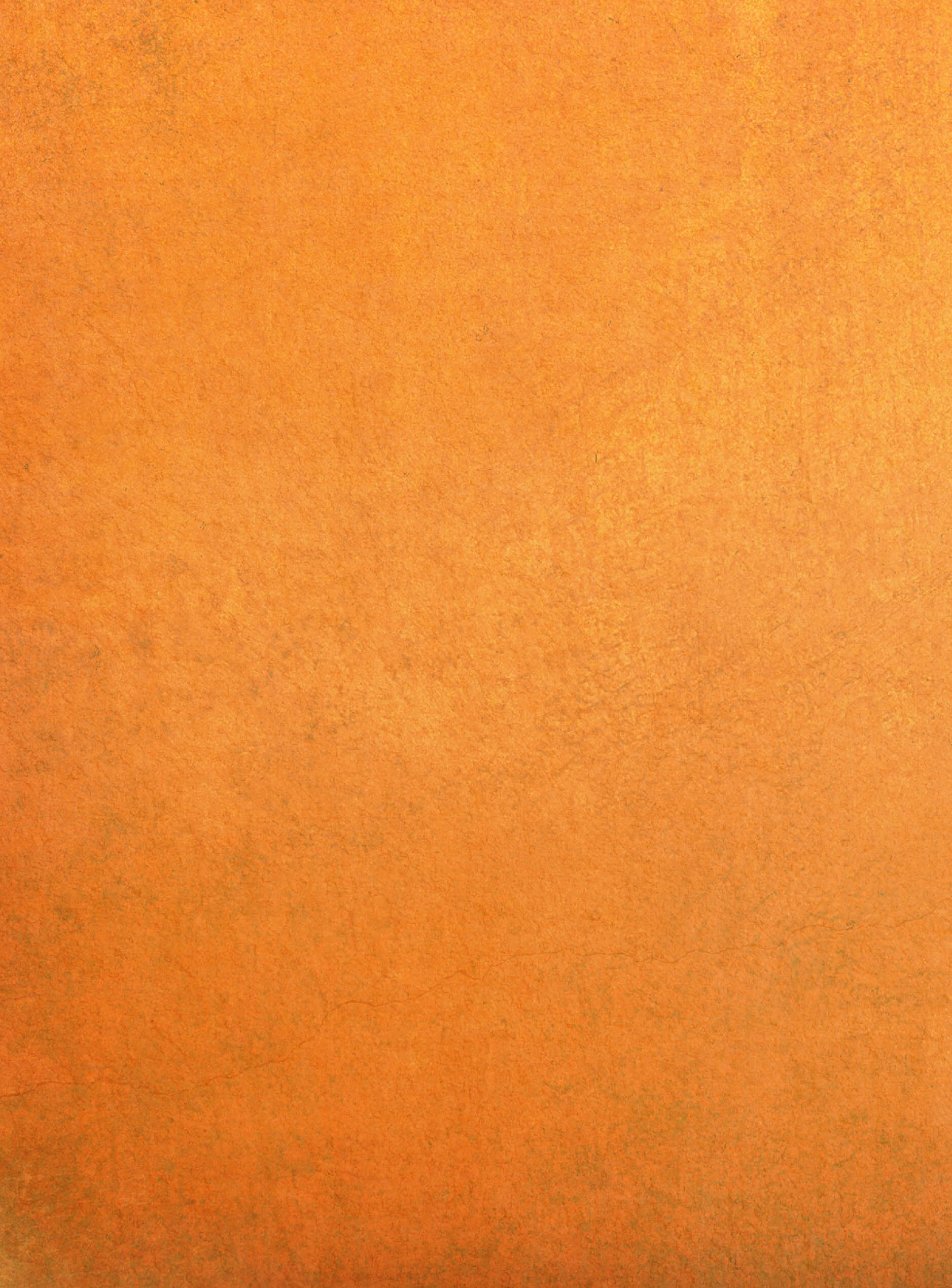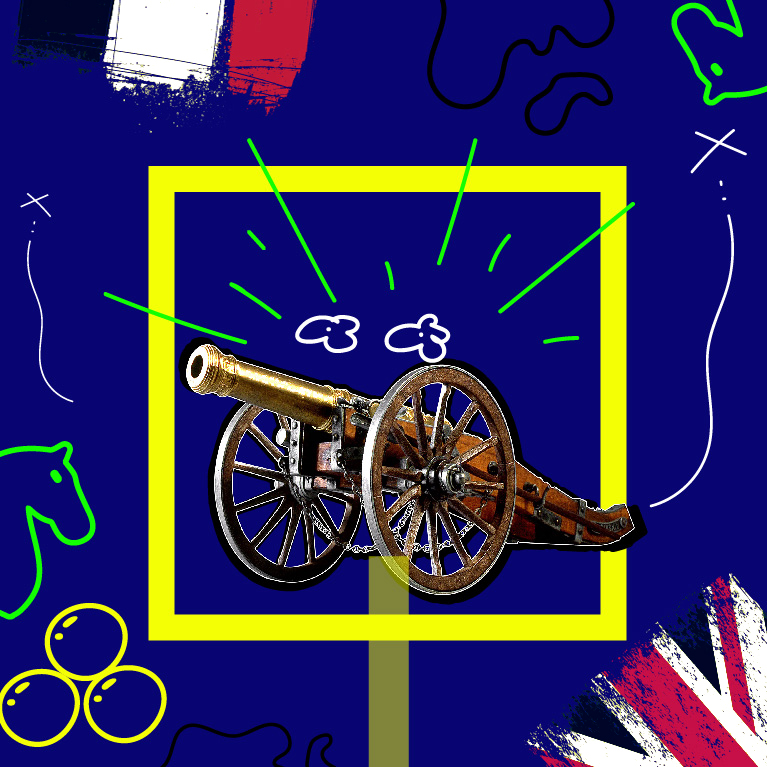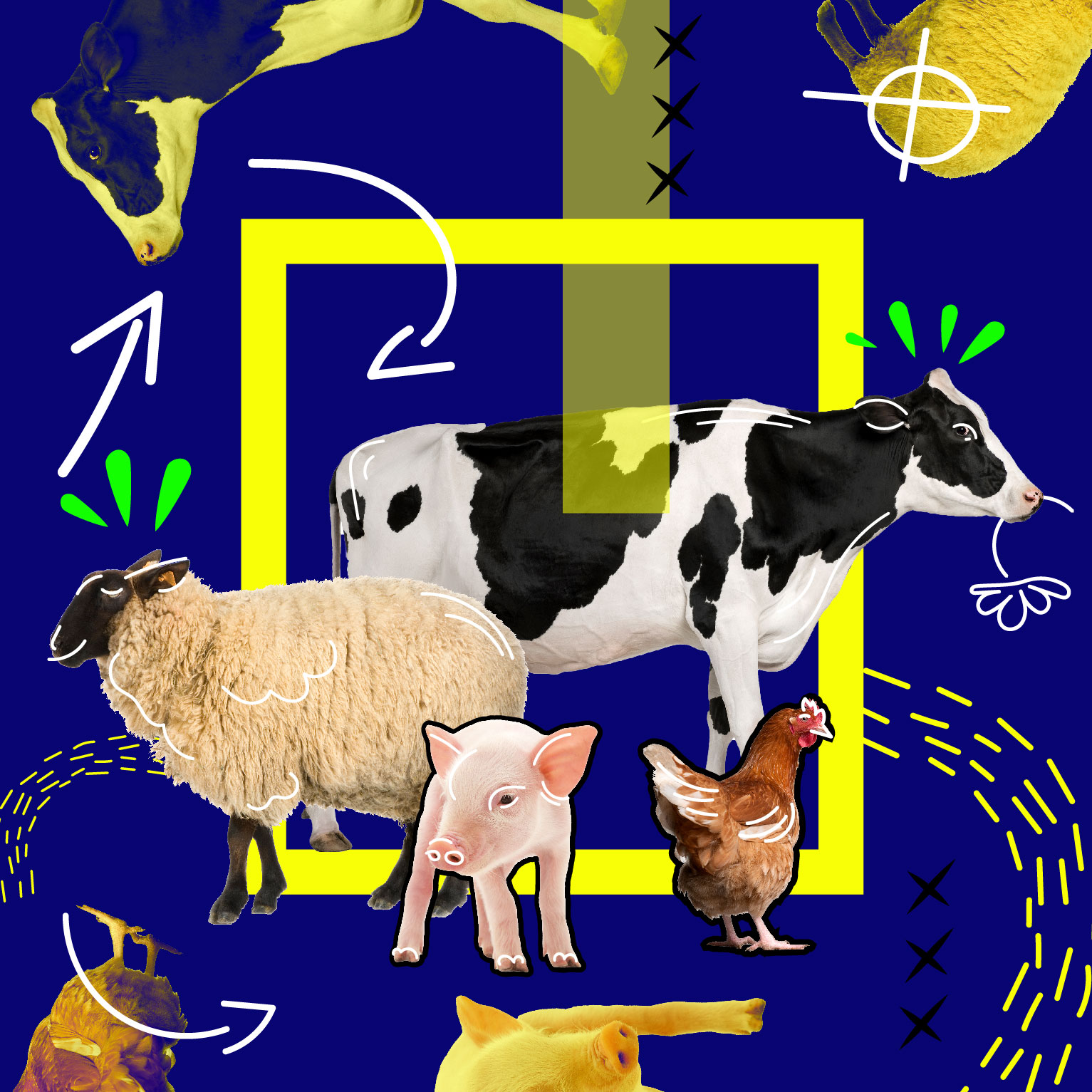

Is It Time to Drop Democracy?
Is It Time to Drop Democracy?
There are two major misconceptions about liberal democracy. Let’s debunk them.
Is it time to drop democracy? Some people certainly think so.
If you look around the world, democracy may seem to be in a pretty chaotic state. We’ve seen some unprecedented trends around the world, like European democracies changing Prime Ministers four times over six years, and other countries getting stuck in an endless cycle of national elections. In some major democracies people have even stormed parliament buildings, claiming the elections did not reflect the true wishes of the people.
You might be wondering: Is democracy actually working for anyone? Is it time to drop democracy altogether?
Well, let’s start with debunking two major misconceptions about liberal democracy.
The first misconception is that having elections equals having democracy. It’s true that when most of us hear the word democracy, we think of elections and which political party we’ll vote for. But elections are not enough to create a democracy. There’s s another crucial ingredient that makes democracy democratic.
That crucial ingredient is a shield. A shield of basic rights and freedoms, that protects you, as a citizen, no matter which party is elected into office, and irrespective of whether you’re part of the majority or the minority of voters. In a liberal democracy, if your liberal rights are compromised by the government, then an independent legal system should have the ability to protect you, and to make sure that the rulers also abide by the rules.
The same goes for the press. An independent press, like individuals, should be able to raise its voice and expose a breach of rights, or to criticize the rulers’ corruption or illegal actions, if and when they happen. This is why independent press and powerful legal systems are crucial for democracy. These are the tools that democracy uses to guarantee your shield of rights, even if you’re part of a minority.
The second common misconception about democracy is that democracy simply means ‘majority rules’. So, let’s consider the following scenario: Imagine that 70% of a country’s citizens vote for Party X. After the elections, Party X legally decides the remaining 30% of citizens, AKA the minority, cannot keep any of their private possessions. All their private property is taken from them and given to the 70% of citizens who voted for the ruling party. Would you consider this a democratic decision?
Well, technically, it’s not. And here’s why: In a democracy, the winner doesn’t take it all. If the winning party takes it all – then it’s no longer a democracy. The most precious aspect of liberal democracy, apart from the right to vote, is that it limits the power of the winning party by having politicians respect a specific shield of rights and the freedoms of each citizen – even if that citizen did not vote for them.
Winston Churchill once said: “No one pretends that democracy is perfect or all-wise. Democracy is the worst form of Government except for all those other forms that have been tried from time to time”.
Class Activity
- Divide the class into two groups: one group represents the majority who won recent elections, while the other represents the minority.
- Provide the class with a fictional scenario that involves a conflict between minority rights and majority rule. For example: the minority group wishes to start a school women’s soccer team, but the majority doesn’t want to allocate class resources for it.
- Each group should prepare arguments in favor of their position. Hold a classroom debate in which each group presents their arguments and responds to the other group’s arguments.
- Ask students: In this scenario, can the majority group decide whatever they want simply because they are the majority? How do you decide who is right? Should minority rights be taken into consideration, even if they’re in opposition to the majority’s wishes? How can we ensure minority rights are preserved? Is there a difference between a motion from a minority group and one from a majority group? Did the debate change your perspective on the issue? What did you learn about the challenges of balancing minority rights with majority rule in a democracy?
Questions for discussion
- What do you think is the most important feature of democracy? It might be free elections, majority rule, citizens’ rights, the separation of power into independent branches of government or other features. What are the reasons behind your answer?
- Is there an independent court in your country that you can appeal to in case your basic rights are infringed?
- Did you ever feel your government infringed your shield of rights? If so, how did you deal with it?
- Is there a free press in your country? Do media outlets in your country ever criticize the government? And if so, are journalists who do this protected from prosecution?
- What do you think are some ways to strengthen democracy and ensure that it remains liberal and just?
- What can we do to improve democracy and ensure that all voices are heard, not just those in power or the loudest?
- What role do you think social media and the internet play in shaping democracy today?
- What role does the public play in balancing the power of their government?
- In your opinion, what are some of the biggest challenges that democracy faces in the 21st century?
- Imagine this scenario: In a democratic country, the elected government decides to appoint an absolute leader and abolish judicial independence. Would you consider this a democratic decision?
- Are there any ways in which you belong to the majority in your country? And are there any in which you belong to a minority? This can relate to ethnicity, gender, political views, cultural preferences, physical characteristics, disabilities, and more. Do you ever feel these different identities are in conflict with one another?
- What are the various majority/minority groups in your country? Can you think of an example of people who are a majority on one matter and a minority on another? Can you think of conflicts that arise due to these dichotomies? How does your country solve these?



